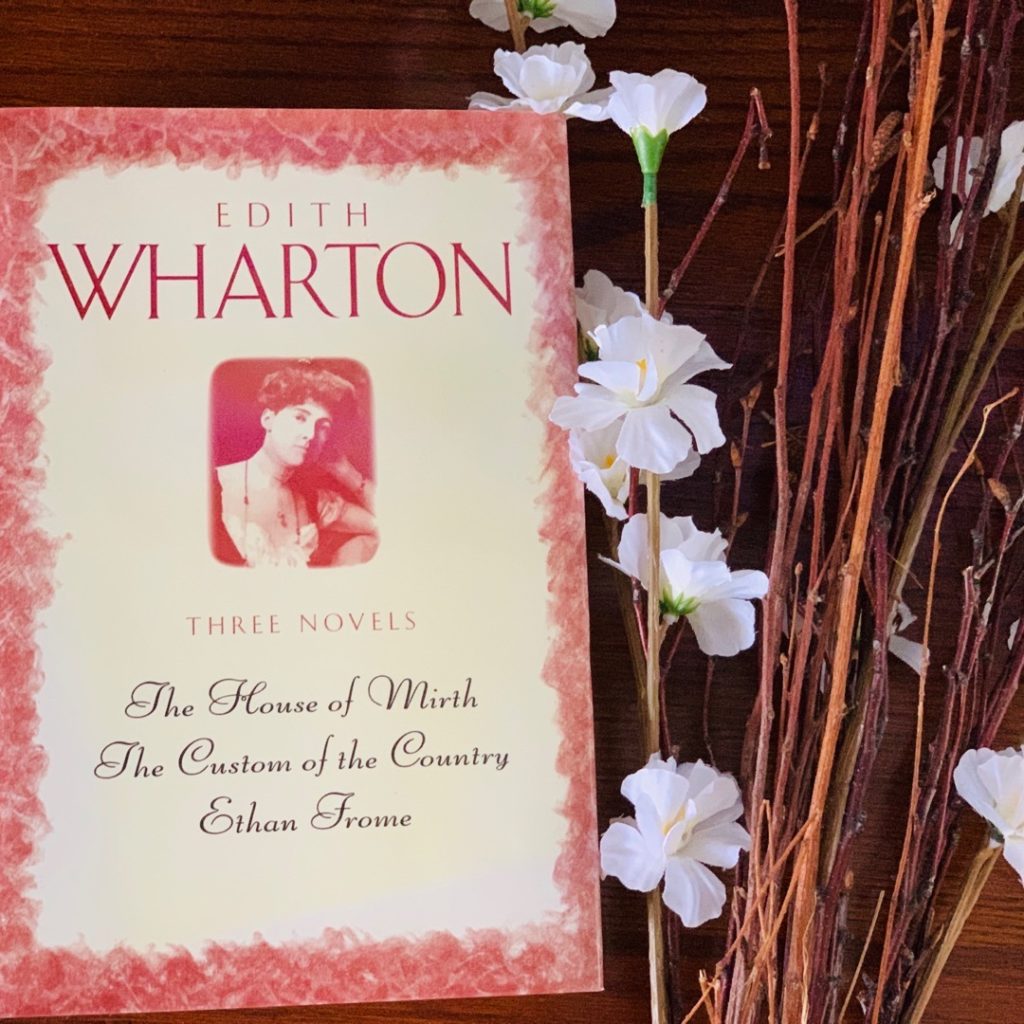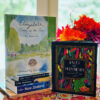Edith Wharton (1862-1937) was born into a tightly controlled society at a time when women were discouraged from achieving anything beyond a proper marriage. Wharton broke through these strictures to become one of America’s greatest writers. Author of The Age of Innocence, Ethan Frome, and The House of Mirth, she wrote over 40 books in 40 years, including authoritative works on architecture, gardens, interior design, and travel. She was the first woman awarded the Pulitzer Prize for Fiction, an honorary Doctorate of Letters from Yale University, and a full membership in the American Academy of Arts and Letters.

The only Wharton I’ve read is The Age of Innocence.
One of Edith Wharton’s most famous novels—the first by a woman to win the Pulitzer Prize—exquisitely details a tragic struggle between love and responsibility in Gilded Age New York.
Newland Archer, an aristocratic young lawyer, is engaged to the cloistered, beautiful May Welland. But when May’s cousin Ellen arrives from Europe, fleeing her failed marriage to a Polish count, her worldly and independent nature intrigues and unsettles Archer. Trapped by his passionless relationship with May and the social conventions that forbid a relationship with the disgraced Ellen, Archer is torn between possibility and duty. Wharton’s profound understanding of her characters’ lives makes the triangle of Archer, May, and Ellen both urgent and poignant. An incisive look at the ways desire and emotion must negotiate the complex rules of society.
The Age of Innocence is one of Wharton’s most moving works.
A bunch of book friends are reading an author a month and thus are reading all of Wharton for April. I so far have read House of Mirth and and now on to The Custom of the Country.
The House of Mirth
Set among the glittering salons of Gilded Age New York, Edith Wharton’s most popular novel is a moving indictment of a society whose soul-crushing limitations destroy a woman too spirited to be contained by them.
The beautiful, much-desired Lily Bart has been raised to be one of the perfect wives of the wealthy upper class, but her drive and her spark of independent character prevent her from conforming sucessfully. Her desire for a comfortable life means that she will not marry for love without money, but her resistance to the rules of the social elite endangers her many marriage proposals and leads to a dramatic downward spiral into debt and dishonor. One of Edith Wharton’s most bracing and nuanced portraits of the life of women in a hostile, highly ordered world, The House of Mirth unfolds with the force of classical tragedy.


